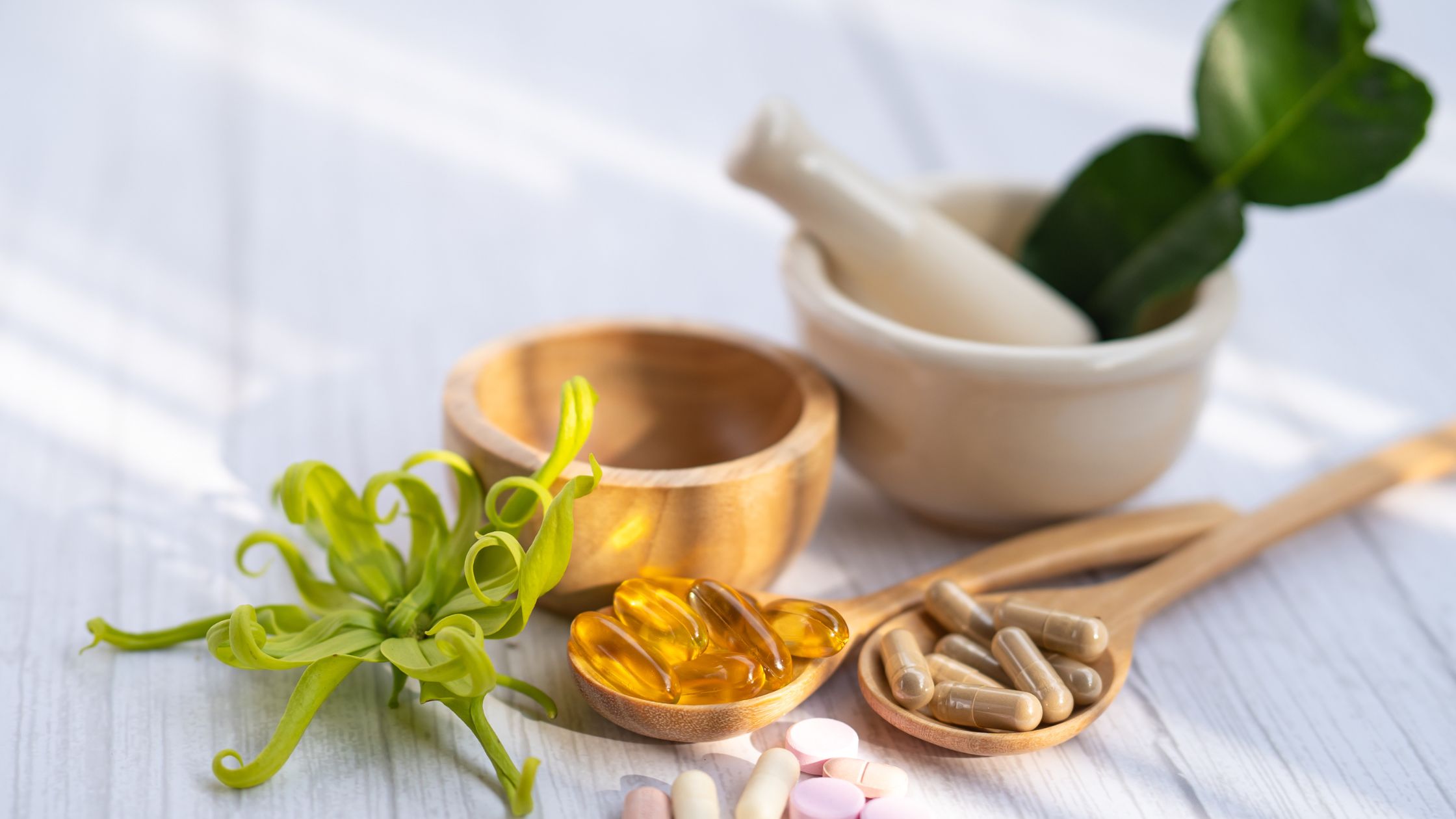
In 2021 alone, US poison control centers reported over 50,000 cases of vitamin toxicity.
That begs the question: Can you really have too much of a good thing? Vitamins and supplements have long been regarded as a means to fill nutritional gaps and promote overall health. We can seek them out to achieve a certain health goal – like rejuvenating our hair and skin – or simply cover for nutrition that we can’t take in enough of from normal diets.
In a world where dietary habits vary and nutrient deficiencies are prevalent, these products have gained popularity as a quick fix for maintaining optimal well-being. However, the indiscriminate use of vitamins and supplements may not always be beneficial and can even lead to adverse effects.
This article explores why certain people take certain vitamins and supplements, whether everyone should take them, and cases where we truly can have too much of a good thing.
The Purpose of Vitamins and Supplements
Vitamins and supplements are formulated to provide essential nutrients that may be lacking in an individual’s diet. They are intended to bridge the gap between the nutrients needed for optimal health and what is obtained through food alone. Common reasons for taking vitamins and supplements include addressing nutrient deficiencies, supporting specific health conditions, and improving overall well-being.
Are Vitamins and Supplements Necessary for Everyone?
a. Meeting Nutritional Needs through a Balanced Diet
For most individuals who follow a well-balanced and varied diet, obtaining essential nutrients from food sources is generally sufficient to meet their nutritional needs, unless you have specific deficiencies such as a lack of Vitamin D. A diet rich in fruits, vegetables, whole grains, lean proteins, and healthy fats can provide the majority of vitamins and minerals necessary for good health.
b. Specific Health Conditions or Stages of Life
There are certain situations where vitamins and supplements may be necessary. For instance, pregnant women are encouraged to take folic acid supplements in order to reduce the risk of any issues in the baby’s development during early stages of pregnancy.
c. Consultation with Healthcare Professionals
Everyone has different nutritional needs. That said, it follows that deciding whether vitamins and supplements are necessary for an individual should be approached on a case-by-case basis. It is crucial to consult with healthcare professionals, such as registered dietitians or doctors, to assess individual nutritional needs and determine whether supplementation is appropriate.
Instances Where Vitamins Can Do More Harm Than Good
a. Vitamin Overdose
Vitamins A, D, E, and K are fat-soluble vitamins, which means they can be stored in the body and build up over time. Taking excessive amounts of these vitamins through supplements can lead to toxicity, causing symptoms such as nausea, fatigue, and even organ damage.
b. Drug Interactions
Certain vitamins and minerals can interfere with medications. For example, vitamin K can reduce the effectiveness of blood-thinning medications, leading to potential health risks.
c. Misdiagnosis and Self-Diagnosis
Self-diagnosing nutrient deficiencies and using supplements without proper assessment can be dangerous. Some symptoms attributed to nutrient deficiencies may be indicative of other underlying health issues, and taking supplements without medical advice can delay necessary medical treatment.
Takeaway: Discover Your Specific Nutritional Needs
Vitamins and supplements can play a valuable role in meeting specific nutritional needs and supporting health goals. However, they are not universally necessary, and too much of them can definitely cause harm. A balanced diet should always be the primary source of nutrients, with supplements reserved for cases where dietary intake is inadequate or specific health conditions require additional support.
However, every person is different, and there is no one answer to your supplemental needs. If you want to get a better grasp of your own potential deficiencies and nutritional needs, a CircleDNA test can help you identify gaps, suggest a plan of action tailored to your genetic blueprint, and round out your diet.






